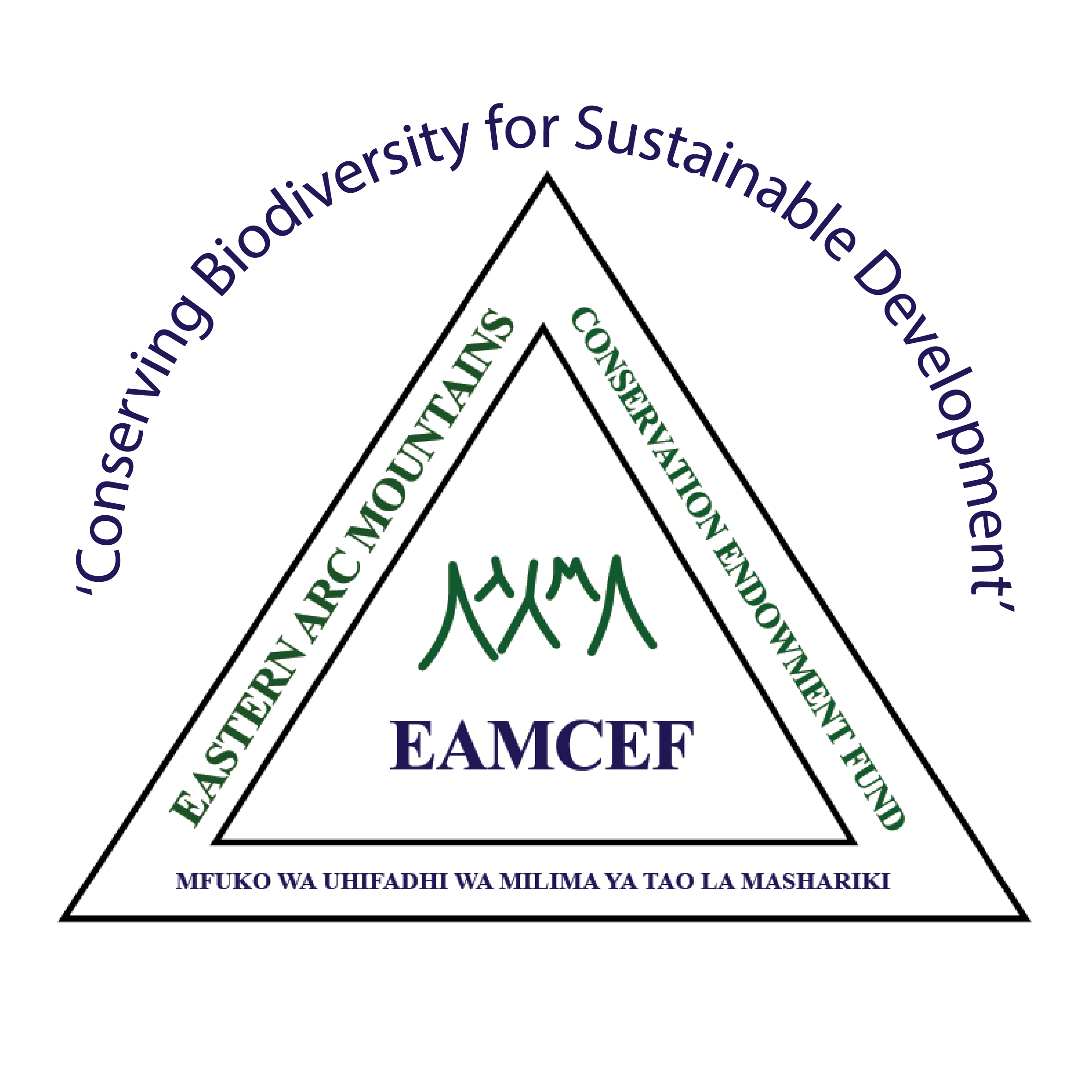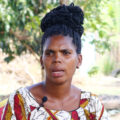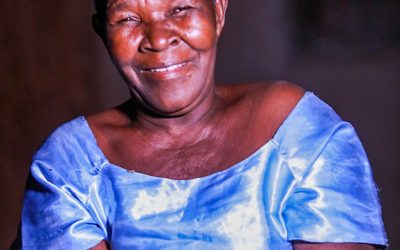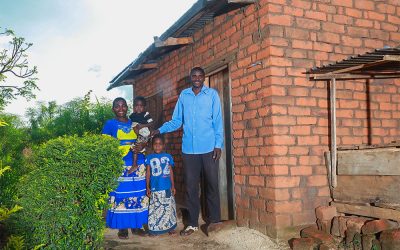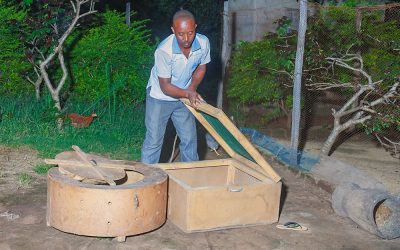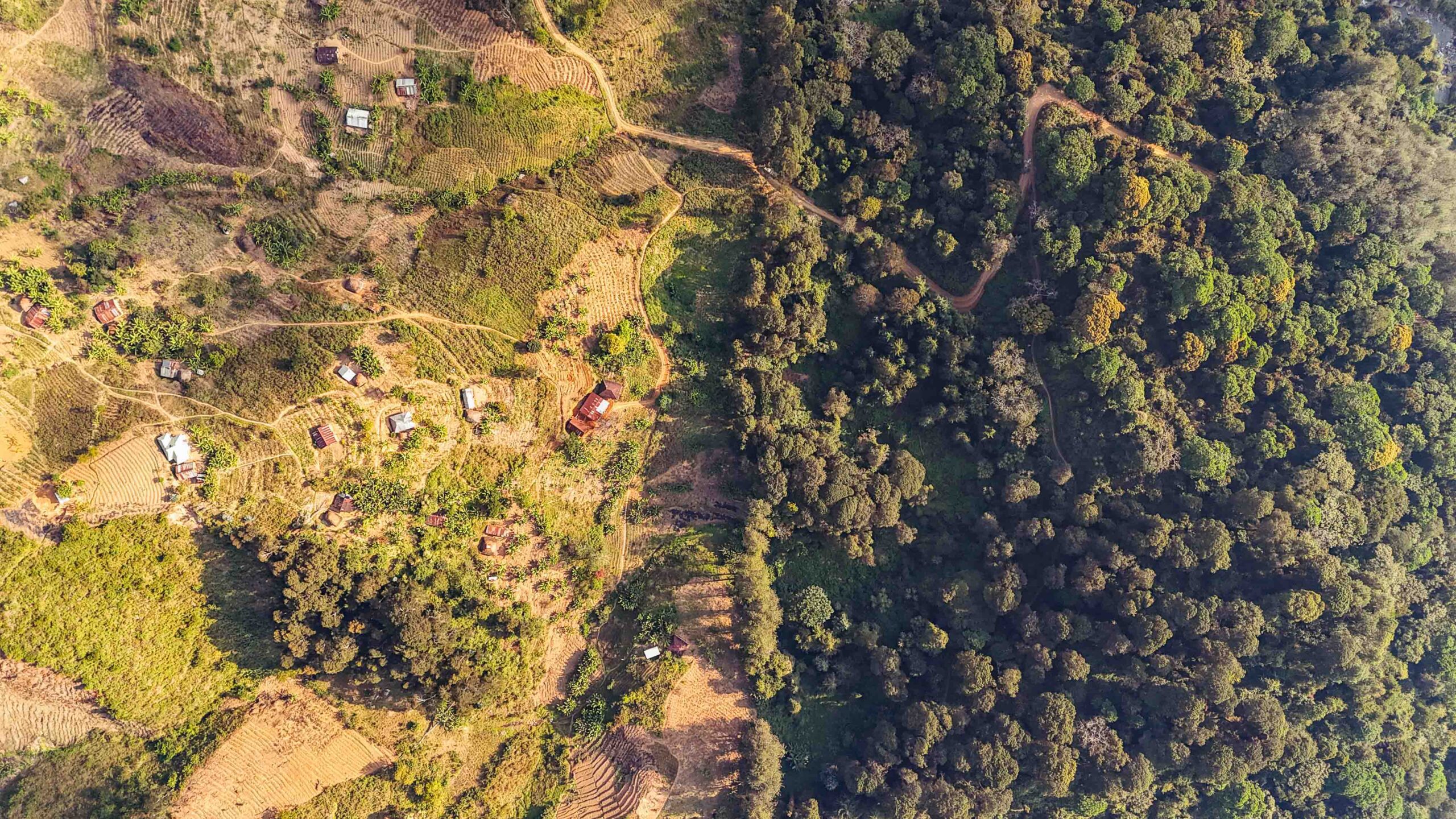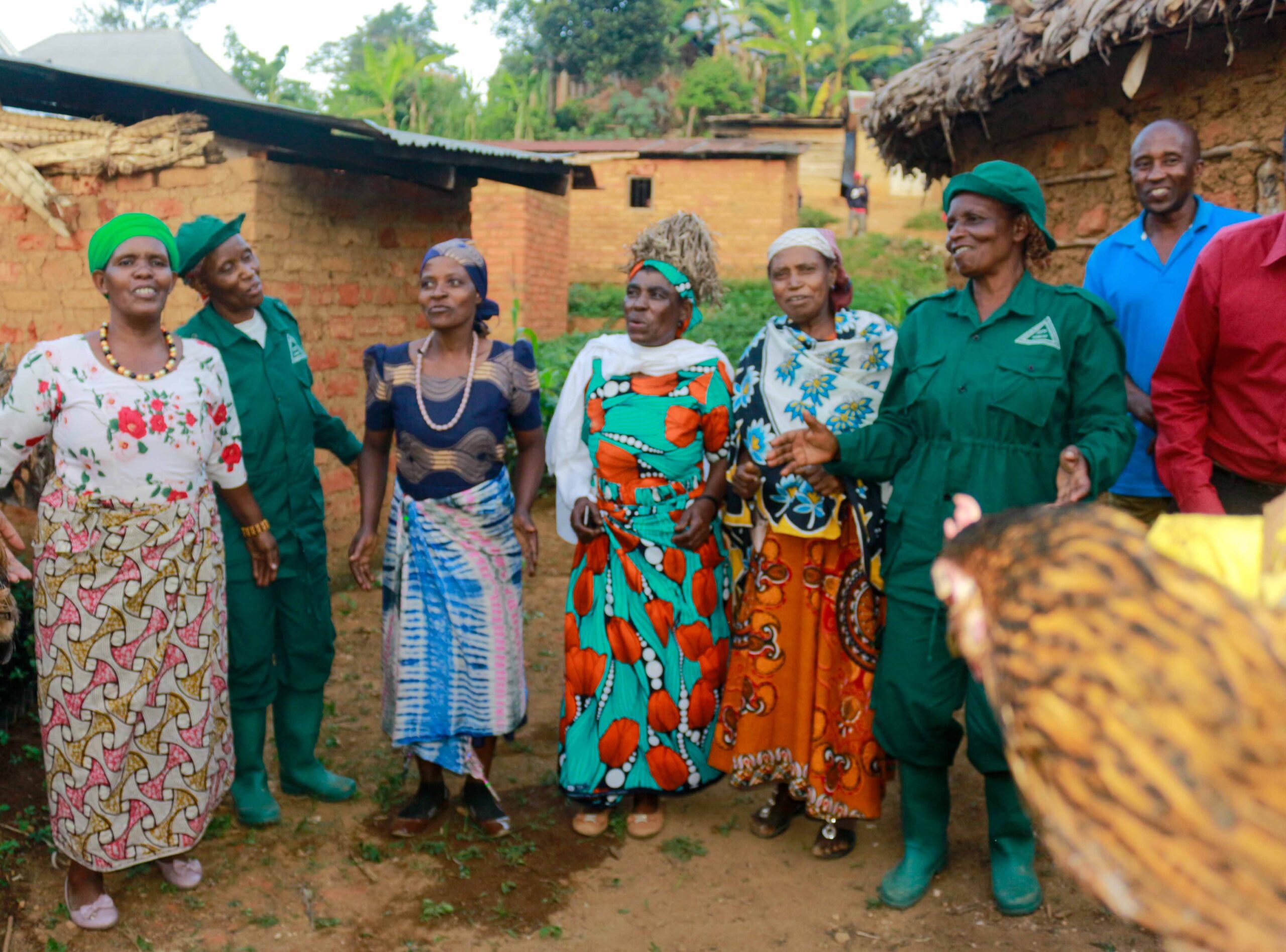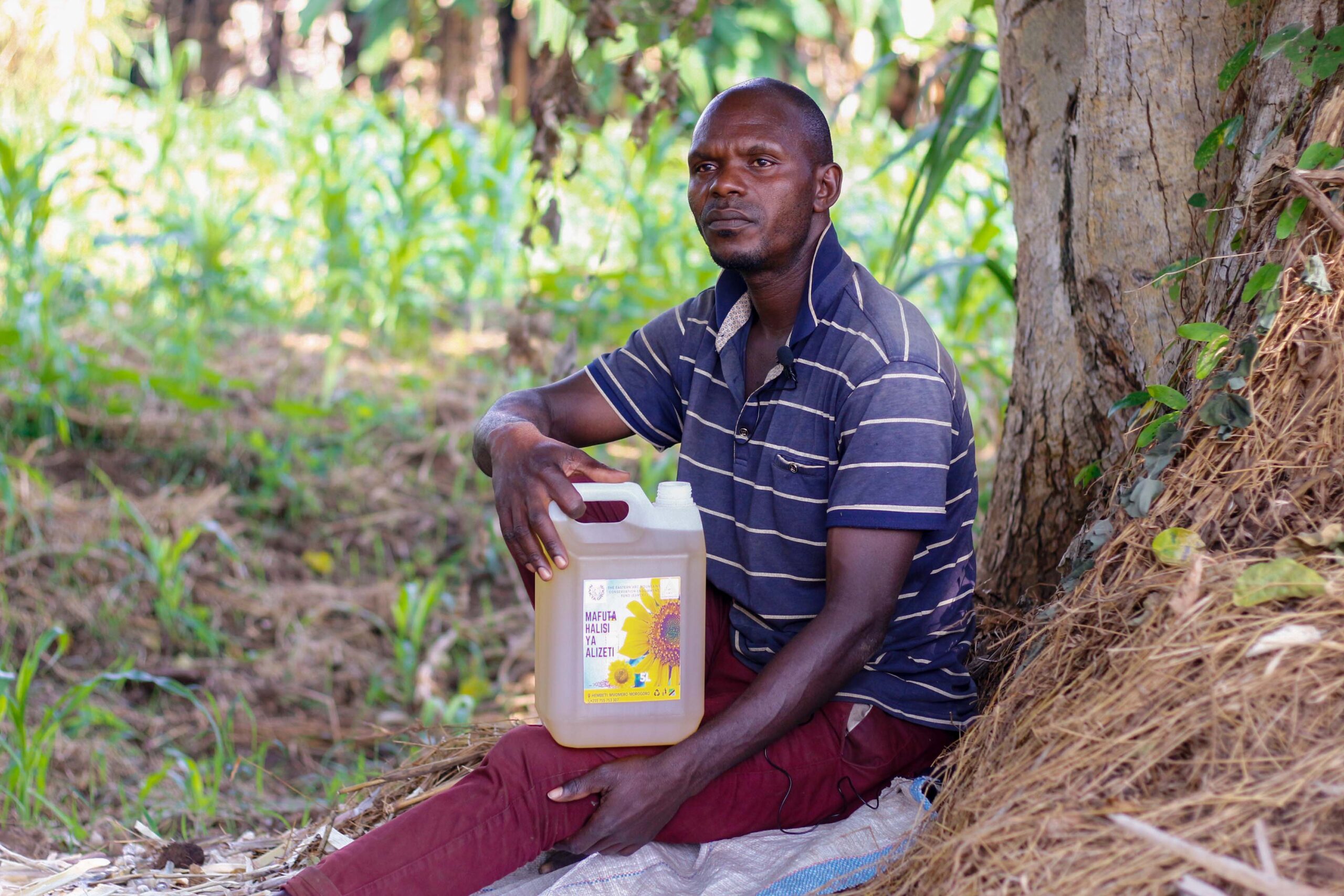Ecotourism infrastructure in the Eastern Arc Mountains has been significantly improved thanks to the efforts…

Like in many other Forest Reserves, residents of Mkanga Village living adjacent to Mkingu Nature Reserve have continually depended on forests within their vicinity to satisfy their needs for wild meat as the main source of protein. T o obtain wild meat, villagers normally go into the forests for hunting small animals – preferably cane rats (known locally asNdezi). Despite being a small animal – 6-10Kg, Ndezi’s meat is much preferred due to its tenderness and delicious taste alike that of local chicken. To make the hunting job easy, hunters do not only hunt using dogs but also burn grasses to scare and easily chase Ndezi. It is the burning that results into detrimental forest fires, destroying the valuable forests and associated biodiversity, leaving the forests into patches.
To address the challenge, in 2013 EAMCEF project grant supported introduction ofimproved local chicken and brooding techniques by providing trainings to a group of25 people in each village. Of the greatest interest at the local level was the introduction of locally-made chick brooders (known locally as Vinengunengu). A startup capital of 5 chicken and a cock was handed over to each trainee. EAMCEF believed that local chicken would replace Ndezi and consequently save the forests from fire. Since then, villagers have witnessed tremendous results in the production of eggs and chicken – the use of Vinengunengu has assured raising of up to 248 chicks per chicken per year. Increased production has assured availability of protein (meat and eggs) at household and at the village levels – thereby reducing forest fire incidences.
It is the sales of chicken and eggs that has transformed the livelihood of participating villagers. Income from sales has been used to cover household needs, but most importantly covered pressing needs like school fees, health services, repair and construction of modern houses and improved toilets.
Amani Mtasiwa's Old House vs New House


Some villagers have used income from sales of chicken and eggs to:
